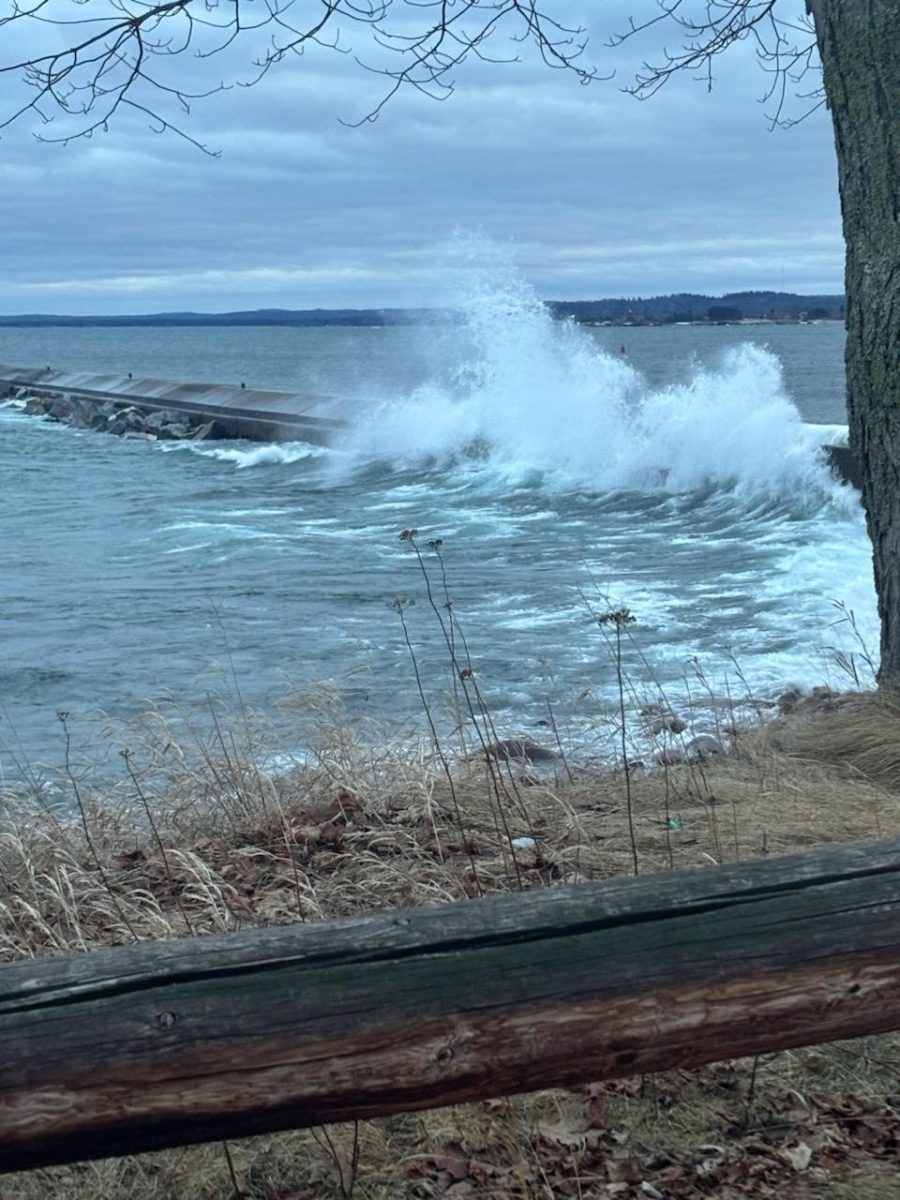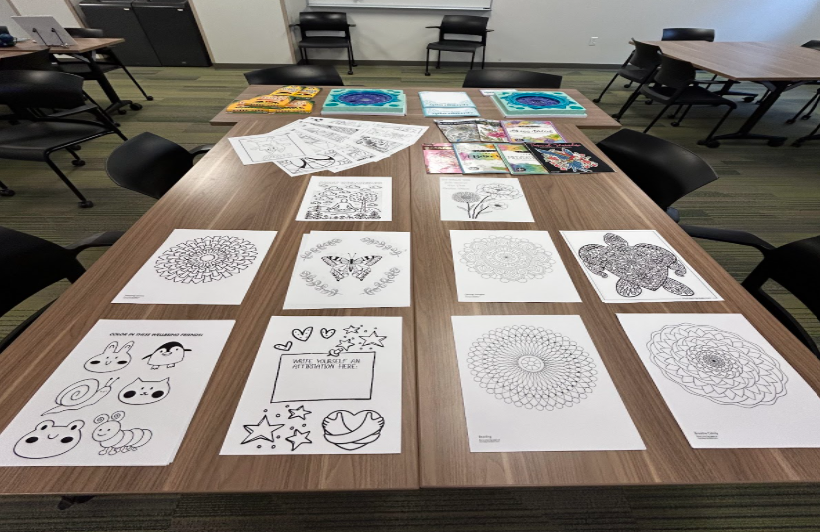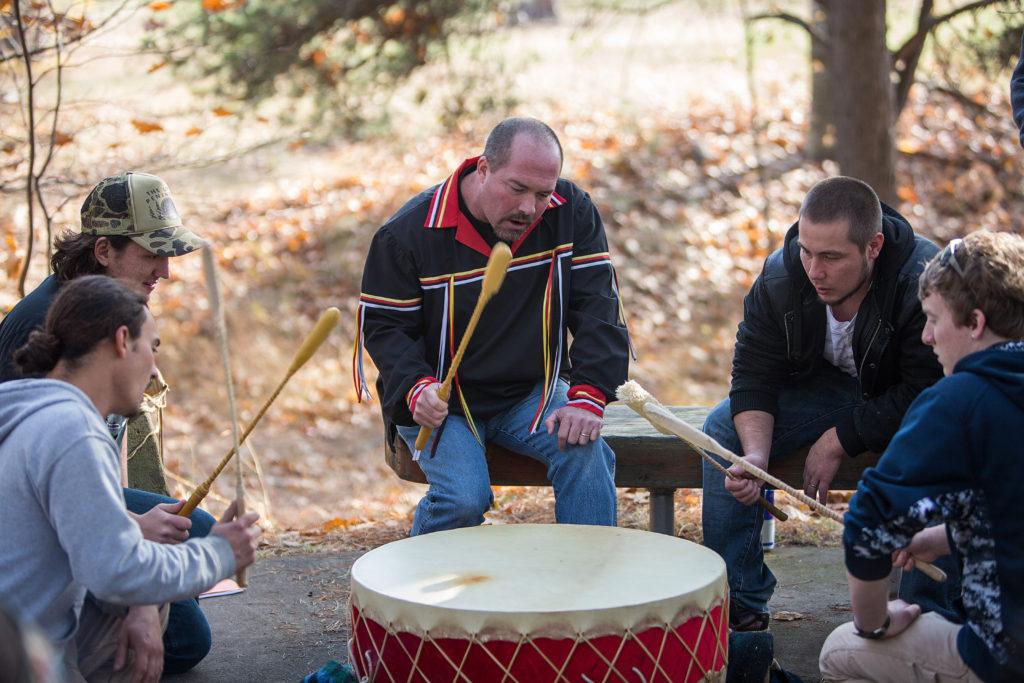The 51st annual Native American Critical Issues Conference discusses issues relevant to everyone but through indigenous voices. The Michigan Indian Education Council started the conference to bring an Indigenous focus on education and related issues throughout Michigan but has since extended the coverage to broader issues. From March 11 through 13, the conference will be held via Zoom with sessions from 9:00 am to 12:30 pm each day.
NMU professor and president of the MIEC Dr. Martin Reinhardt plays a large role in the Critical Issues Conference. He will be presenting the opening and closing ceremonies as well as mediating. He described the Michigan Indian Education Council as a group of volunteers from all parts of Michigan who have experience in the areas of Indigenous education in America and hold great concern for current and future issues.
“The conference addresses issues that are relevant to both Native and non-Native, but from an Indigenous lens,” Reinhardt said.
This year the conference theme is centered around ishkode, or fire, focusing on the element as essential to life but also addressing its destructive properties. A variety of presenters will be sharing their perspectives regarding the theme from an educational angle.
Reinhardt stated that Native issues are rarely incorporated in education, and when they are included they are often stereotypical or historically and culturally inaccurate. He hopes to bring greater attention and advocacy to those issues while broadening people’s understanding.
“It’s important that we have the opportunity to give voice to those things, and to look toward a future where we resolve those issues and address them openly and honestly in our society so that way we can move forward in a healing way,” Reinhardt said. “Many of the issues are centered around sustainability and justice for all—not just members of Indigenous communities.
Amber Morseau, director of the Center for Native American Studies, will also be presenting at the conference focusing on how Native American education can rise from the ashes of oppression while maintaining traditional ways of knowledge within educational systems. She emphasized that the conference is beneficial for everybody who attends.
“It’s important because we share all of these issues,” Morseau said. “Whether you’re Native or non-Native, have any interest in Native American studies or any interest in sustainability and stewardship of ecological studies—these critical issues are real-world, big issues but through a Native American studies lens.”
Morseau said that the conference hopes to frame teachings that encourage a pedagogical shift in education so that students are tended to in the traditional Native American sense. The conference will look different from past years due to its online status but the importance of the conference will not be compromised. Whoever wishes to attend the conference can register for the virtual meetings; all members of the community are welcome to open themselves to the conference presentations.
Bazile Panek, president of the Native American Student Association, will also be in attendance at the conference. NASA serves as a support group for Native American students and allies. The group organizes events to educate the campus and the community about Anishinaabe culture, language and history, working to accomplish many of the same goals as the Native American Critical Issues Conference.
“This conference is important to me because it provides a space for different groups to collaborate and learn from each other. I’m really looking forward to meeting leaders and members of other Native American Student Organizations to collaborate and create a support system for each other,” Panek said.
Registration for the conference is available at MIEC.org.



























